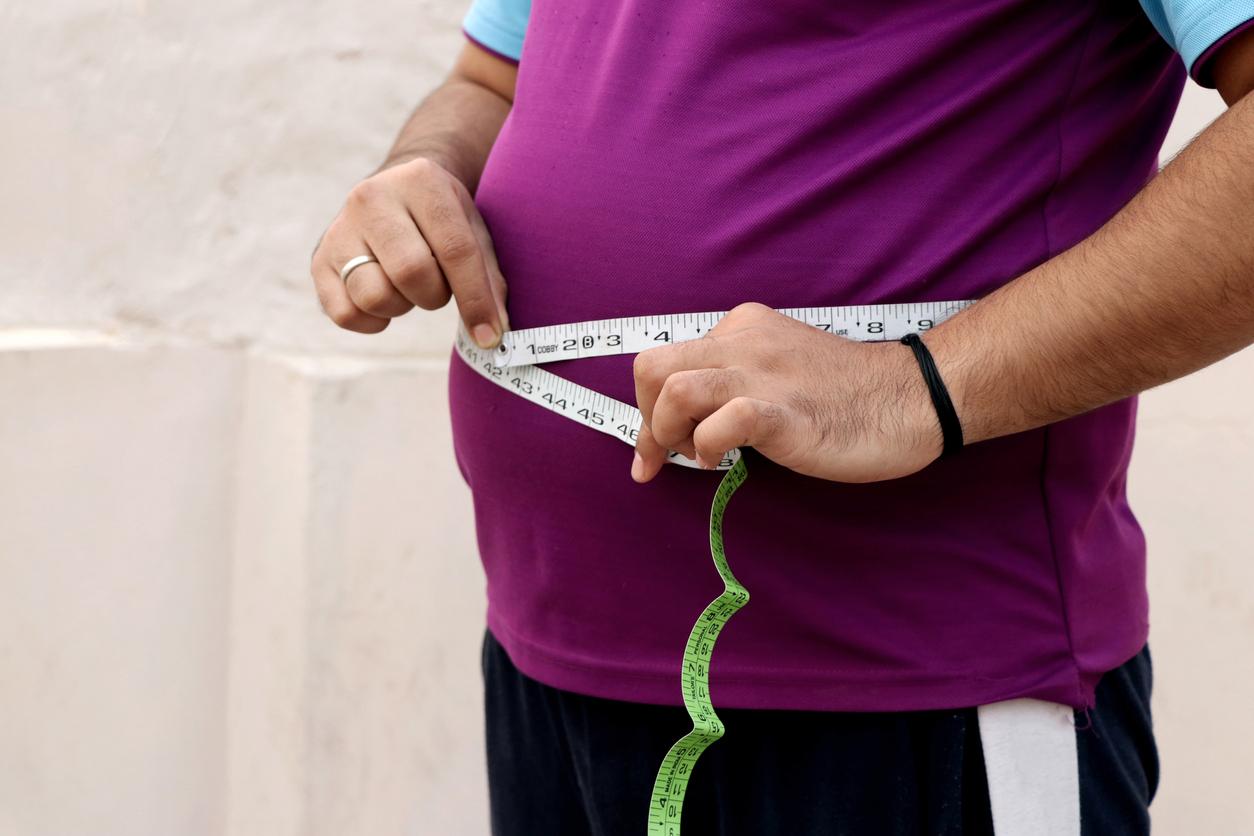According to a study on mice, males are less resistant to obesity-induced inflammation than females, which puts them at greater health risk.

- The World Health Organization (WHO) estimates that the number of obese adults is over 650 million.
- According to Inserm, in France, obesity affects 17% of adults. In children, it affects 16% of boys and 18% of girls.
A study recently published by the University of York in Canada shed light on the biological basis of obesity-related diseases in mice and the differences between the two sexes are “striking”, according to the researchers.
Adipose tissue cells behave differently in different sexes
It was in the cells that build blood vessels in the fatty tissue of male and female mice that they discovered contrasts. Adipose tissue is a set of cells (adipocytes) tightly packed together that store fat.
We knew since 2018 that when mice become obese, females develop far more new blood vessels than males to supply oxygen and nutrients to expanding fatty tissue.
This new study focused on the differences between the endothelial cells that make up these blood vessels in adipose tissue. It shows that they replicate more easily in females where males have a high level of inflammation, which is harmful to health.
Obesity leads to more inflammation in males
Endothelial cells that exhibit this type of inflammatory response are highly dysfunctional. Indeed, inflammation is a risk factor for the development of diseases associated with obesity, such as cardiovascular disease, insulin resistance and diabetes.
This phenomenon would therefore explain why men are more affected than women by these obesity-related diseases: “We were really interested in exploring this difference because, for us, it spoke to something really fascinating that happens in females and protects them.”, indicated Professor Tara Haas, of the School of Kinesiology and Health Sciences of the Faculty of Health.
Female blood vessel cells are more resistant to obesity
According to the authors, female endothelial cells therefore show continued resilience, even when stressed by a long-term high-fat diet. This finding could help researchers better understand why obesity manifests differently in men and women.
Indeed, although humans and mice have different genes that can be turned on or off, the findings of this study would likely apply to humans. The researchers now want to study the same cells in humans.


















